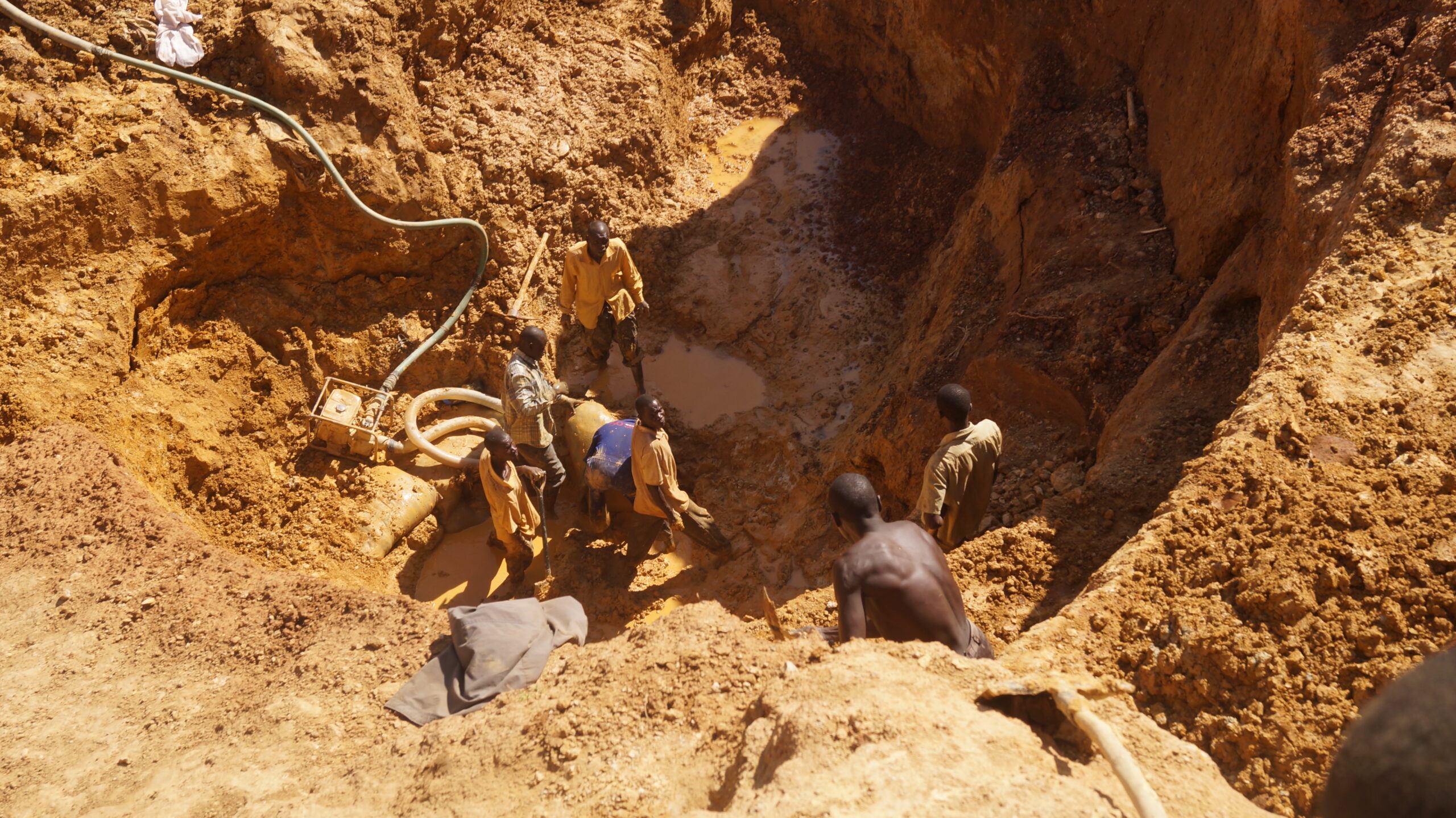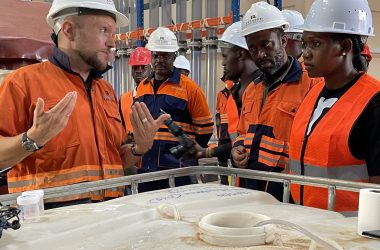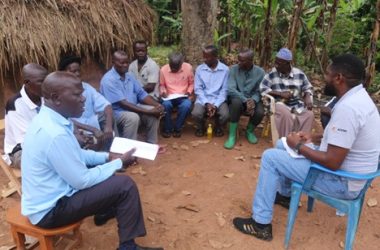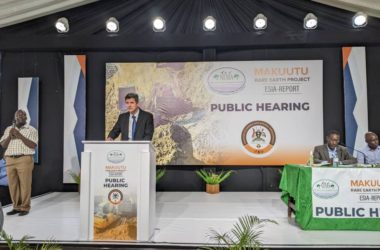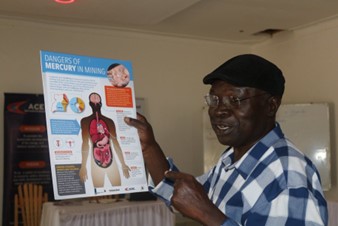Although the process to formalise ASMs has eased illegal mining continues to dog the sector as fatal accidents pile up.
The latest incident was registered on December 9 in the gold mines of Bihanga Sub County, Buhweju District, claiming four artisanal miners.
According to quoted security officials in Buhweju District, the miners were operating ‘illegally’ in the late hours after five o’clock in the evening. The region is currently experiencing torrential rains that pose a safety risky in the alluvial gold mines.
The Buhweju District United Miners Cooperative Society Limited Chairperson, Deus Beinomugisha, also an executive under the national ASM umbrella organization, UGAASM, however noted that the miners were not known to them, adding that despite their efforts to sensitize their people, many have failed to heed their guidance.
Doreen Birungi, the Buhweju District Natural Resources Officer, told this publication that whereas there are licensed ASMs operating, not every miner operates under legal entities like associations, and that could explain what the security officials call illegal mining.
“There are people who are operating outside the association. But even for the associations, the license must have an area where it covers. It does not mean that if it’s an association and has a license, it covers the whole of Buhweju. It has a specific area where the license covers. Anyone doing it outside the licensed area, whether an individual or association, that is illegal mining”.
“Another challenge we have is that those holding licenses are doing activities beyond the limit of their license. You find someone has an exploration license but what is happening on ground is beyond exploration,” Ms. Birungi explained.
With torrential rains pounding many parts of the country in what has largely been irregular weather patterns this year, miners have been caught off guard and some have lost lives in several reported fatal cases.
Earlier in April, a miner was found dead in a gold mine in Budde village, Bugiri District after residents were alerted by a stench. Swaibu Wafula had been missing for two days and his body was found under rubble.
Later in June, a teacher, Bernard Barasa, died in Butebei Village after soils collapsed and buried him at a gold mine they were excavating. Two others survived with injuries.
More recently on September 3, five miners perished in a quarry in Nganjo Village, Kajjansi Town Council after soils caved in.
Another two people died on November 30 in Kitholu Sub County, Kasese District, when a stone quarry caved in, killing them instantly. The local authorities reported that the quarry was operating illegally.
The unpredictable torrential rains have rendered most mines, both underground and open cast, unsafe. However, out of sheer need for survival, miners are ready to risk it all.
Meanwhile, whereas government is on track to formalize and regulate activities of base minerals ASMs, the extraction of building substances in quarries is yet to be regulated.
During the review of the Mining and Minerals Bill 2022, legislators deferred a proposed clause regulating building substances, instead proposing a separate Bill to that effect.
In many cases, the Police Minerals Protection Unit is stretched and cannot police everywhere as mine sites are numerous and remote, posing logistical challenges.

